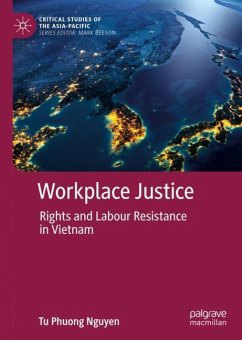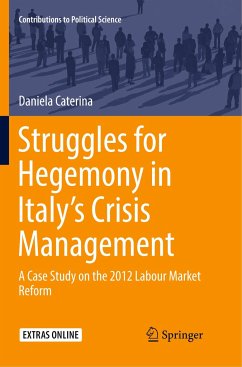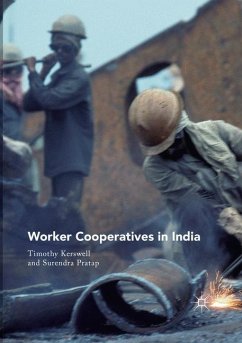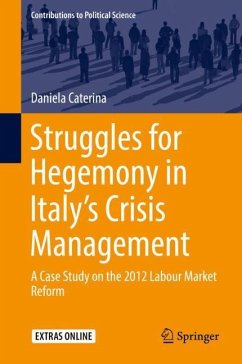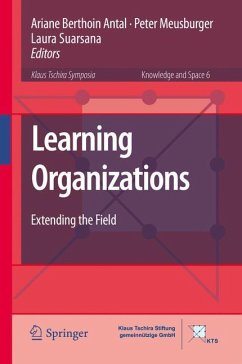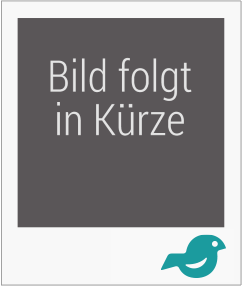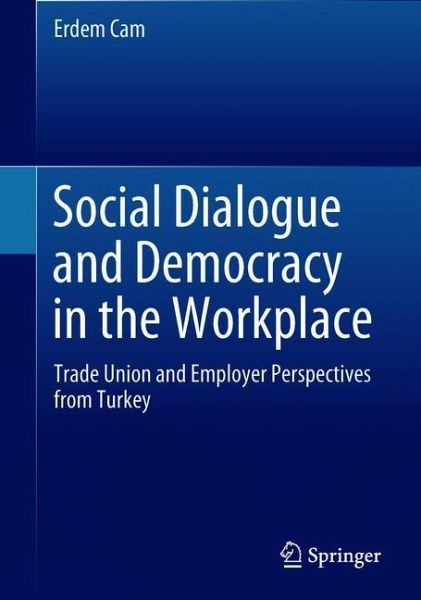
Social Dialogue and Democracy in the Workplace
Trade Union and Employer Perspectives from Turkey
Versandkostenfrei!
Versandfertig in 6-10 Tagen
68,99 €
inkl. MwSt.
Weitere Ausgaben:

PAYBACK Punkte
34 °P sammeln!
This book focuses on the experience of social dialogue in Turkey, which is a European Union candidate country. It argues that social dialogue constitutes one of the fundamental pillars of European social model and therefore should be analysed not only at the supranational level but also at the national, sectoral and workplace levels. The book critically examines social dialogue processes and mechanisms in Turkey at various levels, with focus on the workplace because it is shaped by socio-cultural elements which contain many variables. The book also identifies the shortcomings and structural im...
This book focuses on the experience of social dialogue in Turkey, which is a European Union candidate country. It argues that social dialogue constitutes one of the fundamental pillars of European social model and therefore should be analysed not only at the supranational level but also at the national, sectoral and workplace levels. The book critically examines social dialogue processes and mechanisms in Turkey at various levels, with focus on the workplace because it is shaped by socio-cultural elements which contain many variables. The book also identifies the shortcomings and structural impediments of social dialogue, and provides an empirically grounded theoretical explanation of social dialogue in Turkey. In the process, the book explains and clarifies key concepts to help readers grasp important points relevant to social dialogue, and contains interviews with social partners to take into consideration their views and recommendations on social dialogue. These in-depth interviews also provide a rare insight into the dynamics of social dialogue on the ground. By looking at social dialogue at various levels, the book offers a balanced view of its strengths and weaknesses in Turkey. This book is a valuable tool for students, academics and researchers interested in understanding the complex dynamics of social dialogue and workplace relations in Turkey.





